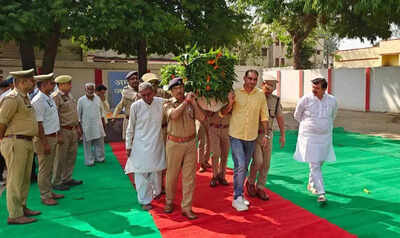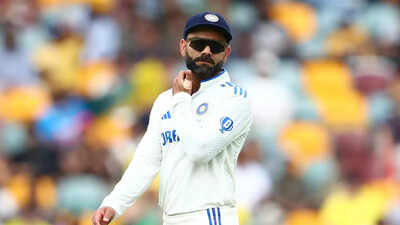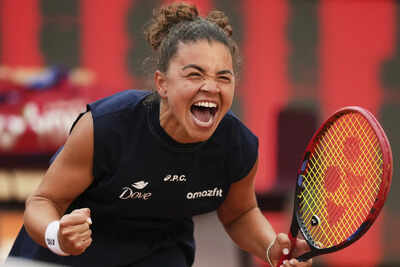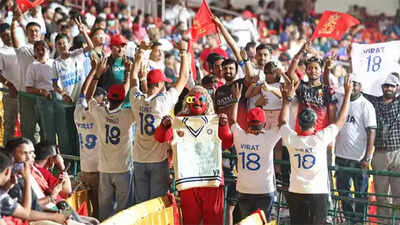Rs 50,000 a month and countless sacrifices: How India’s chess future shapes up in Chennai hut | Chess News
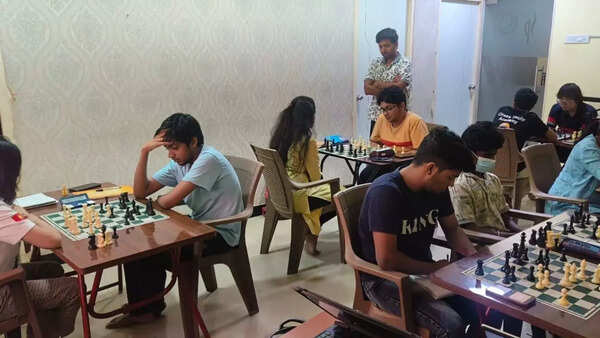
A day at the academy
The uniqueness of Shyam Sundar’s coaching lies in its structured yet fluid approach, covering all aspects: opening theory, practical psychology, and even game-day opponent assessments.Sessions often begin at 10 a.m. and stretch to 5 p.m., including rigorous game analysis and situational problem-solving, with a one to one-and-a-half-hour break in between.Post-lunch, the team often heads outdoors, playing cricket or badminton: a routine that has built some commendable camaraderie within the group.“Everyone’s equal on the turf. Ratings don’t matter there. We laugh, compete, and bond. That’s a huge part of the academy’s soul,” the coach adds.

Most players training under Shyam are already above 2300 Elo, including several International Masters and Grandmasters.Camps are typically conducted once or twice a month. During camps, however, Shyam becomes a bit strict: “I usually conduct camps for specific rating brackets. Like, if I’m doing it for 2400+ players, I rarely include someone slightly below that, only if they show strong potential. Even if the camp isn’t financially rewarding, I prioritise maintaining that high standard.”
More than a mentor
Shyam’s emotional investment in his students goes beyond the 64 squares as he adds, “I consider most of my students like my own kids. That helps them open up, not just about chess, but about life too.”“I want them to play active, dynamic chess. No playing for draws. I lead by example. Like, even when I play them, I push aggressively. They must see me practice what I preach.”However, the Gen-Z mindset, he admits, can get ‘tricky’.“With so much material online, they can get lost. My job is to channel that curiosity in the right direction, keep it structured and focused. Even after the camp ends, I continue mentoring them, tracking what they’re studying daily, what kind of chess content they’re consuming,” Shyam explains.
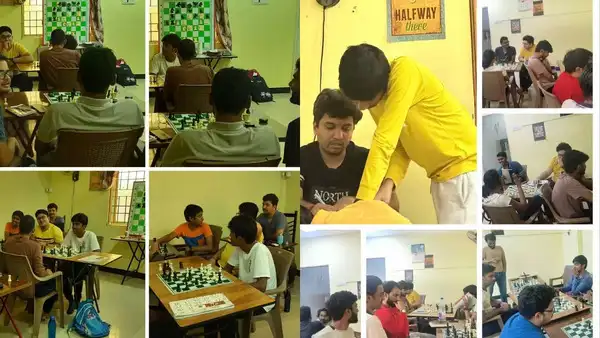
“I’m really glad there’s no unhealthy competition in my academy. The players are more like friends. They freely share opening files and knowledge without hesitation.”
Challenges in running an academy
But nurturing champions doesn’t come cheap. “Running an academy is extremely stressful,” Shyam confesses. “In Chennai, I spend around Rs 50,000 a month just for the basics, like rent, electricity, Wi-Fi. And if I’m travelling for 30-40 days with a player, the academy earns nothing during that period. It’s a heavy toll. Sometimes, I feel like giving up.”There’s also the growing pressure of expectations, with parents often demanding GM-only coaches for their kids, and trainers, tempted by better offers, slipping away.“Sometimes I feel like downsizing, moving fully online, or just doing commentary or writing articles that would be far easier and financially rewarding.”A key factor in the academy’s sustainable success, however, is Tamil Nadu’s chess-friendly ecosystem. Many schools in Chennai offer academic leniency, granting extra holidays and understanding players’ commitments, while also providing financial support to prodigies.“When Gukesh won the World Championship, he was gifted a car by his school,” shares Shyam, who takes solace in his students’ achievements despite the personal sacrifice of spending less time with his family.
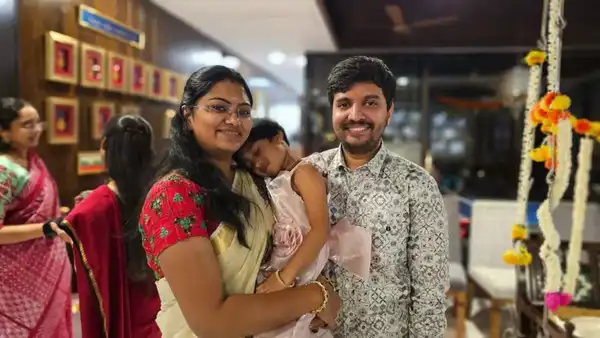
“I miss time with my family, my daughter’s four now, and I don’t get to see her much. But I keep telling myself: to gain something, something must be given.”ALSO READ: RCB fan who became a world champion: The story of chess prodigy Pranav V | Exclusive
What the future holds …
With his students achieving milestone after milestone, Shyam remains grounded in his method: “In today’s AI-driven world, we’re flooded with computer-generated ideas and influenced by social media. Like they say, even a genius mind can make elementary mistakes. I try to convey the human way of thinking.”
With a focus on creating more GMs, the coach signs off with humility and hope: “My motto is simple: Be good. Do good. God will take care of the rest. These past few years have been tough, but maybe that’s just God preparing me for something bigger. And if that ‘something’ means helping these kids become champions, in chess and in life, then it’s all worth it.”
